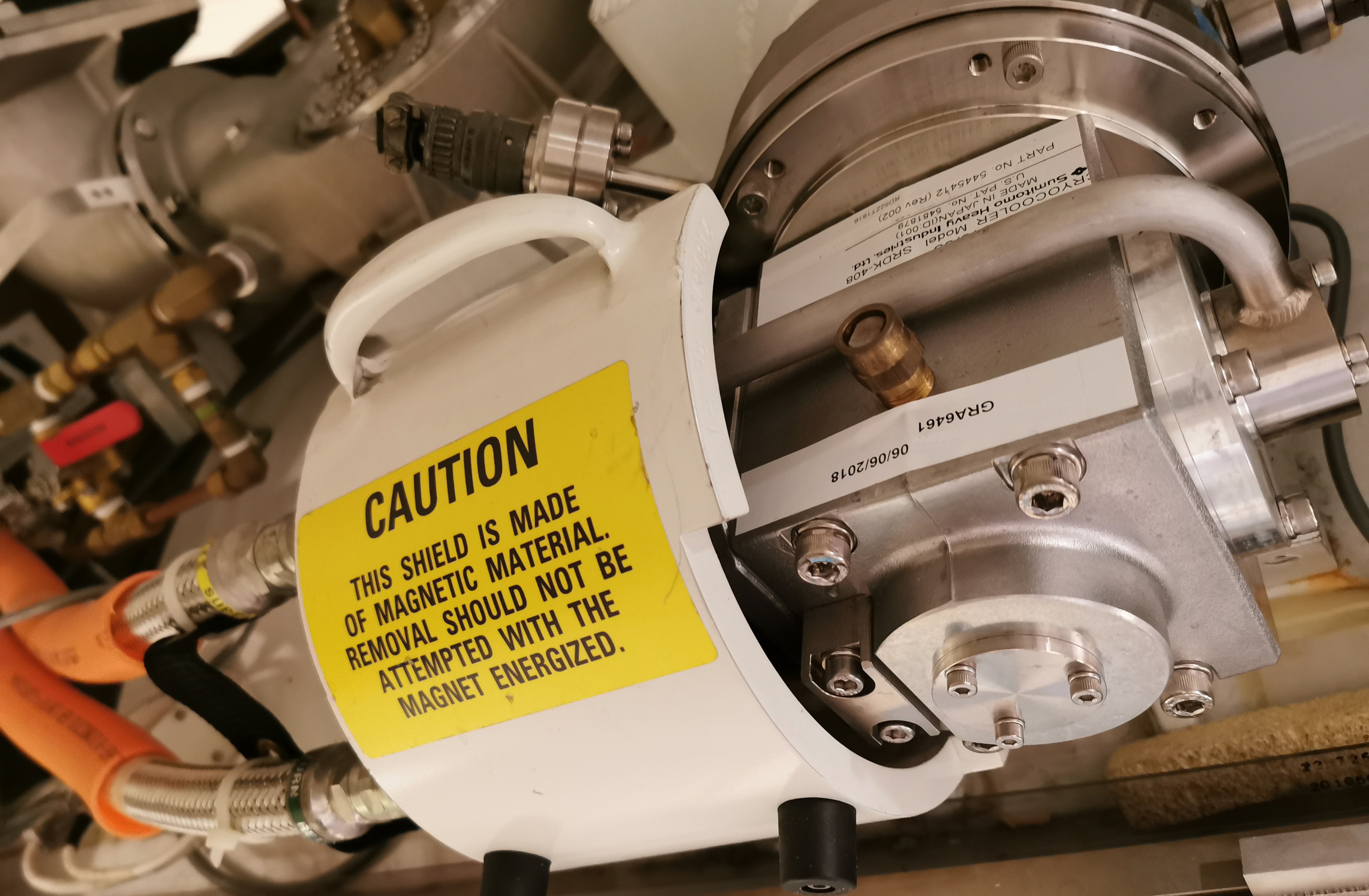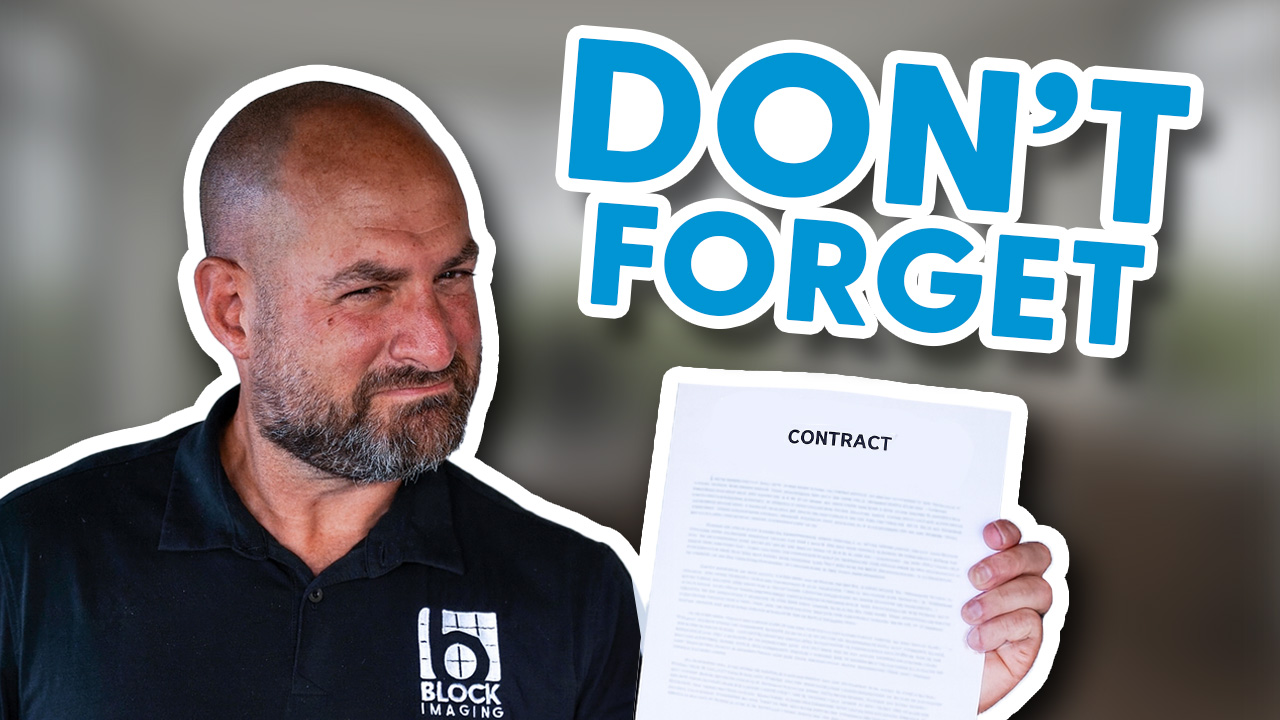
Updated: January 15, 2026 : 3 min read
MRI Helium Refills and Boil-off Rates: The Top Six Magnets
Anyone considering the purchase of an MRI machine should know that a healthy cooling system is essential to the maintenance and performance of their magnet. This means, among other things, keeping an eye on your helium level and getting refills at the proper time. Unfortunately, because there are so many different types of magnets in use today, and each of them experiences helium loss (AKA, boil-off) at a different rate, there is no one-size-fits-all prescription for when this needs to happen.
To help those of you comparing magnets and those of you looking to keep your existing magnet healthy, we've compiled helium boil-off rates and average refill costs for the top six magnets on the secondary market. These are the magnet types we see most often as a provider of used/refurbished MRI machines. Also included are a few pointers on refill rates and recommendations.
Need a helium refill for your MRI machine now? Click here to tell our team your MRI service needs.
Helium Boil-off in 6 Common MRI Magnets
The list below is far from exhaustive, but it does include the magnet types you're most likely to encounter among used or refurbished systems.
Please be aware that "zero boil-off" indicates a magnet that does not consume helium during the course of normal operation. There is, however, the possibility that a part failure elsewhere in the cooling system (i.e. the cold head) can result in helium loss on these systems and create the need for a refill.
| Magnet Type | MRI Model | Avg. Helium Consumption | Avg. Helium Refill Cost/Year at Current Rates |
| GE CXK4 LCC | All GE 1.5T until 2009 | Zero boil-off | $0 |
| OR105 | Siemens Avanto | Zero boil-off | $0 |
| OR122 | Siemens Espree | Zero boil-off | $0 |
| Philips (IGC) F2000 | Philips Intera & Achieva 1.5T | .02 - .04% per day | $26,000 |
| OR70 | Siemens Symphony | .1 - .2% per day | $36,000 |
| OR76 | Toshiba Vantage & Titan | .1 - .14% per day | $36,000 |
MRI Helium Refill Recommendations
For as many magnet types as there are on the market, there's an equal number of manufacturer recommendations for refilling. Some systems are recommended to be refilled at 60%, others as low as 40%, and just about every percentage in between. For the best insight on how low you can safely let your helium level go, we suggest consulting your manual as well as your service provider.
MRI Helium Refill Cost
Cost for a helium fill or “top-off”, again, varies based on the magnet type. For example, some magnets only hold 300 liters of helium. To refill that magnet type from 60% -100% would require 120 liters, while a similar refill for an 1,800 liter magnet would require 720 liters.
Helium is a commodity experiencing a shortage, and the market price per liter has risen.In the last year, we've seen helium prices for MRI users without a cryogen contract pay as high as $30.00+ per liter. One way to help keep your facility on the lower end of the spectrum is to maintain a contract with a helium provider. Under this agreement, you'll have access to "preferred customer" rates. Even then, you may still experience market fluctuations to some degree.
Another factor that will drive your refill cost will be whether or not you need a helium fill technician onsite. If a refill is something that a member of your team is qualified to do, you can save on labor.
The Best Way to Fight MRI Helium Loss
A healthy cooling chain is the very best way to keep your helium loss at the low end of its normal loss range. The efficiency of your cold head, compressor, adsorber, and other parts in the cooling line will affect your loss rate. Regular preventative maintenance (at least semi-annually, if not quarterly) is the most crucial step in keeping your cooling efficiency high.
Learn more about maintaining your MRI machine cold head
The Takeaways
Regardless of which magnet you have, or choose to bring into your facility, there are two recommendations we hope you take away from this blog:
- The best, and really only, way to minimize MRI helium loss is to vigilantly monitor the efficiency of your cooling chain through regular maintenance and, as needed, service.
- Although your need for refills probably won't be frequent, it still pays to partner with a helium provider in advance so you can respond to a sudden need more efficiently and cost-effectively.

Steve Rentz
Steve Rentz is the Product Manager for MRI Scanners at Block Imaging. Steve's goal is to earn each customer's trust and business by specifically addressing the needs of their unique project. When Steve is not helping customers with their MRI needs, he enjoys running, swimming, and woodworking.




